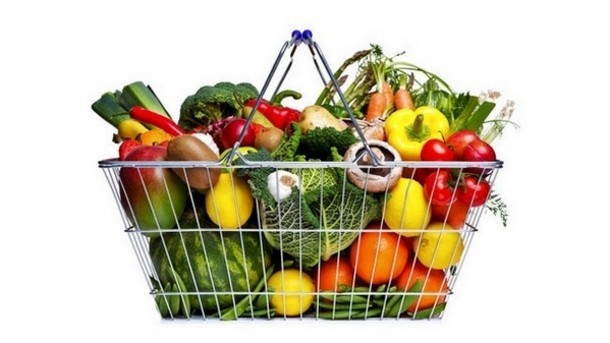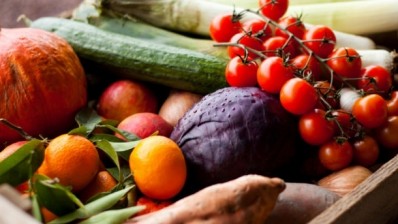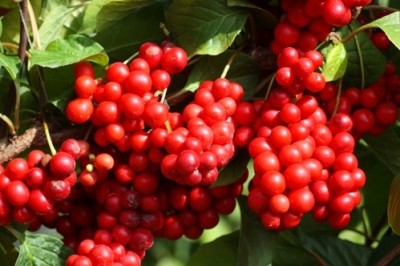No evidence of link between fruit and veg consumption and reduction in overall cancer cases: Major Japan study

Despite comparatively clear associations between cardiovascular disease and fruit and vegetable intake, a series of recent reports from large-scale cohort studies involving more than 100,000 subjects reported none or only very small inverse associations between fruit and vegetable intake and overall cancer incidence.
“To date, however, no such data have been reported for Asian populations,” said researchers led by Shizuka Sasazuki from the National Cancer Center in Tokyo.
“[Therefore], to provide some indication of the net impact of fruit and vegetable consumption on overall cancer prevention, we examined these associations in a pooled analysis of large-scale cohort studies in Japanese populations.”
They analysed original data from four cohort studies that measured fruit and vegetable consumption using validated questionnaires at baseline. Hazard ratios in the individual studies were calculated, with adjustment for a common set of variables, and combined using a random-effects model.
The present study included 191,519 subjects (91,779 men and 99,740 women) and 17,681 cases of overall cancer (10,960 men and 6721 women).
“Among both men and women, no significant inverse associations were found between fruit or vegetable intake and the risk of overall cancer, whether combined or separated,” they wrote.
Furthermore, no specific fruit or vegetable showed significant inverse association with the risk of overall cancer.
In a sub-analysis based on intake frequency, which included an additional two cohort studies, with a total of 254,314 subjects (120,964 men and 133,350 women) and 22,442 cases of overall cancer (13,729 men and 8713 women), no association was again found between fruit or vegetable consumption and overall cancer risk among either gender.
Impact undetectable
“This pooled analysis of major population-based cohort studies in Japan, which included data on 17,681 cancer cases, revealed no significant inverse associations of fruit or vegetable consumption with the risk of overall cancer, whether combined or separated by specific groups,” they added.
“Further, these results did not substantially change in stratified analyses by smoking status or alcohol drinking. Moreover, no significant inverse associations were shown when outcomes were confined to smoking-related cancers.
“To our knowledge, this pooled analysis included the largest number of overall cancer cases in an Asian population to date.”
Although the impact for overall cancer prevention was undetectable, the results do not contradict the possibly small but protective effect of fruit and vegetable intake for site-specific cancers, such as stomach cancer, lung cancer, or breast cancer by hormone receptor status, said the researchers.
“Therefore, in accordance with the biological plausibility, the recommendation that ‘higher consumption of several plant foods probably protects against cancers of various sites’ may still be applicable in Japan.”
Nevertheless, they concluded: “The results of this pooled analysis of large-scale population-based prospective cohort studies in Japan do not provide evidence for inverse associations of fruit or vegetable consumption with risk of overall cancer incidence.”
Source: Journal of Epidemiology
http://dx.doi.org/10.1016/j.je.2016.05.004
“Fruit and vegetable intake and the risk of overall cancer in Japanese: A pooled analysis of population-based cohort studies.”
Authors: Shizuka Sasazuki, et al.















